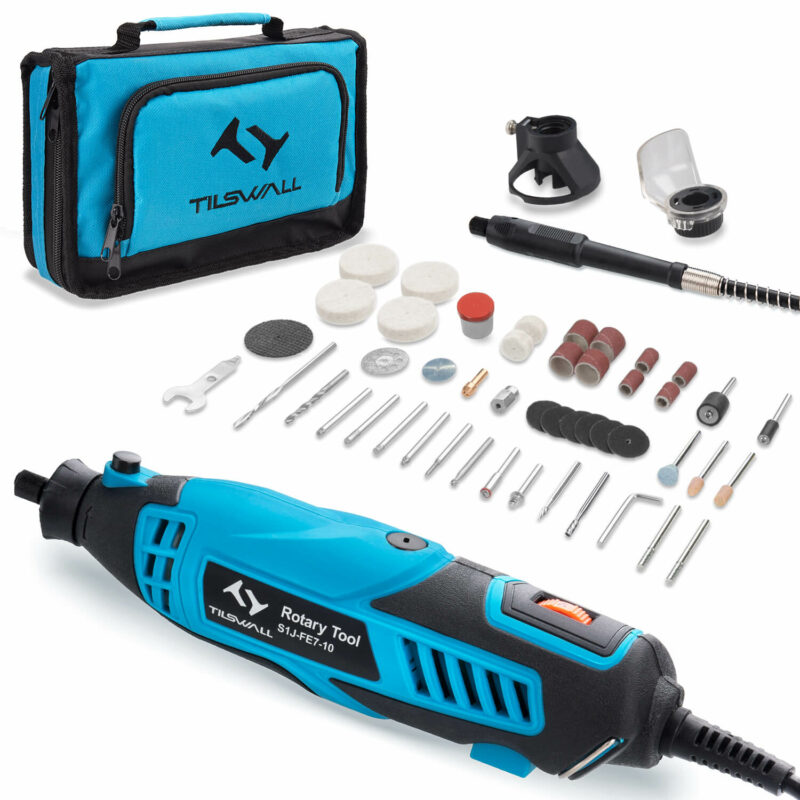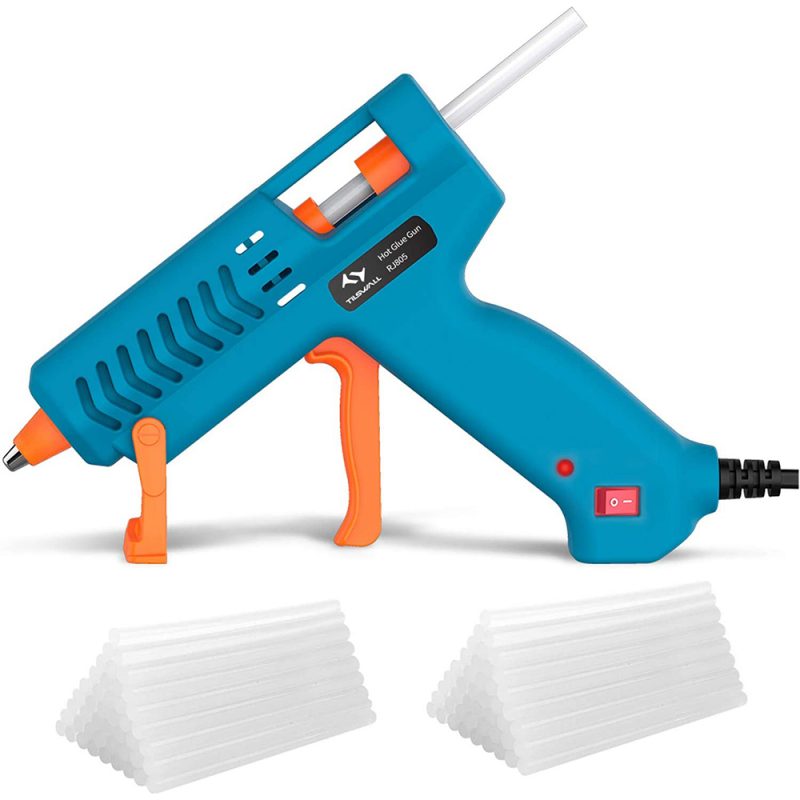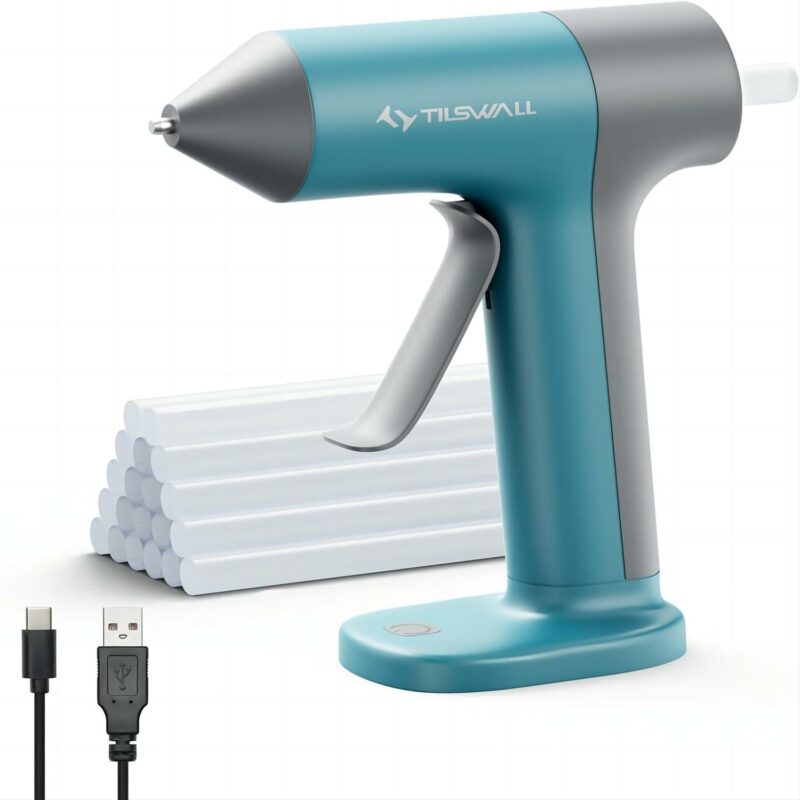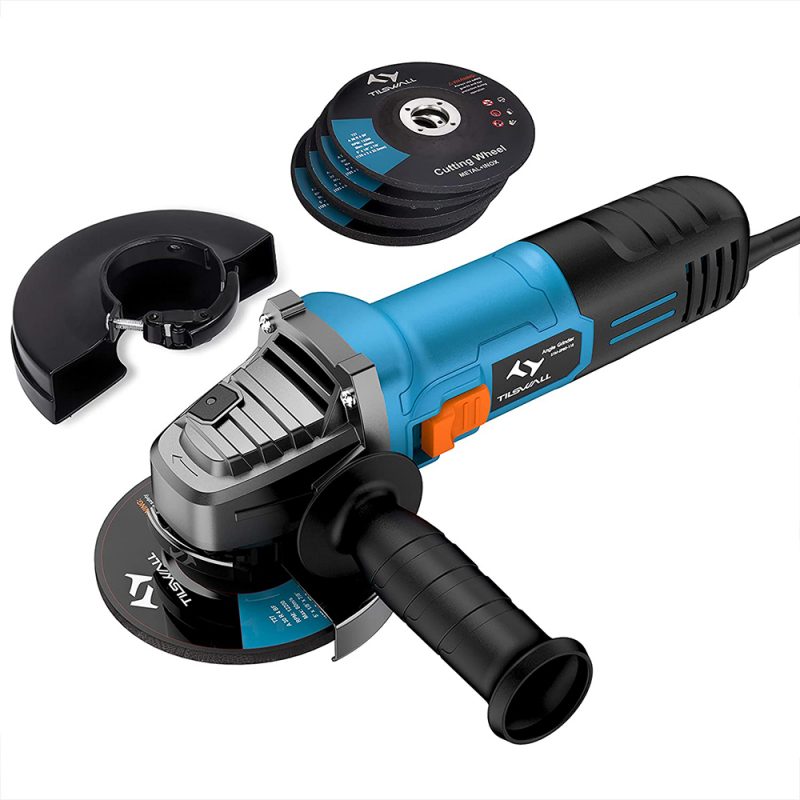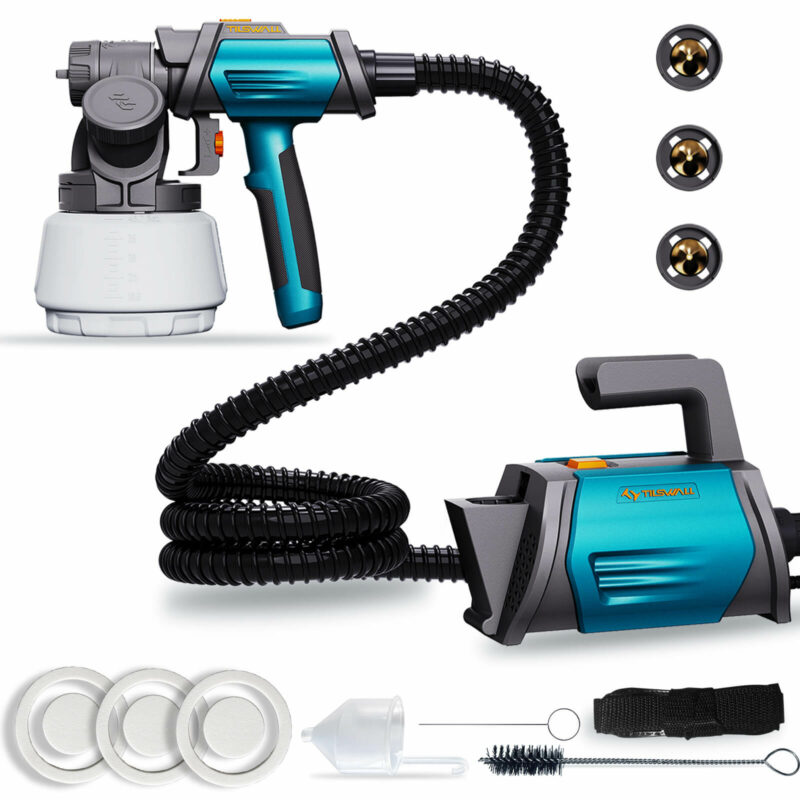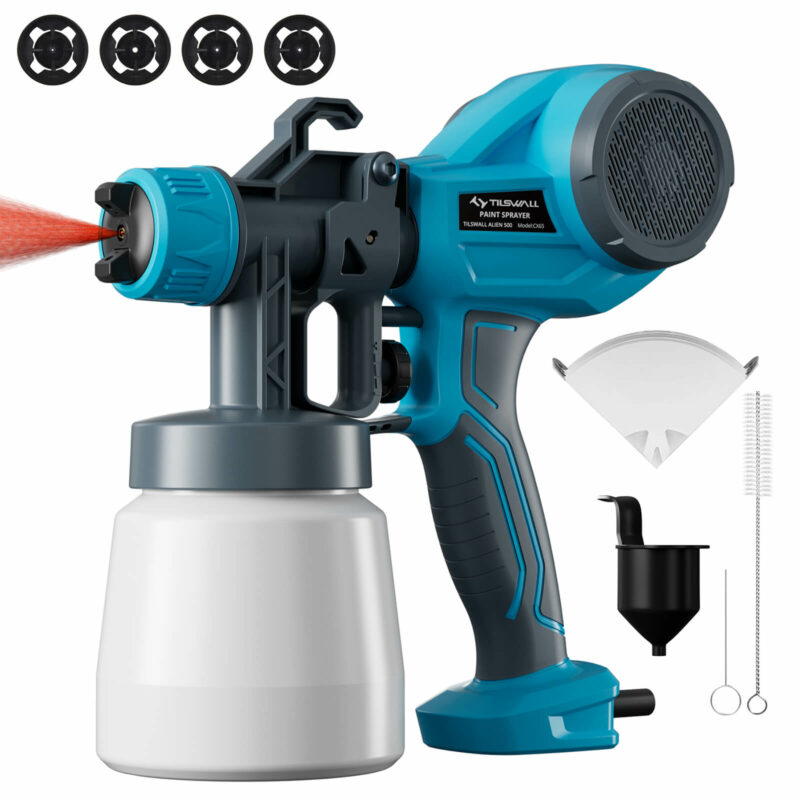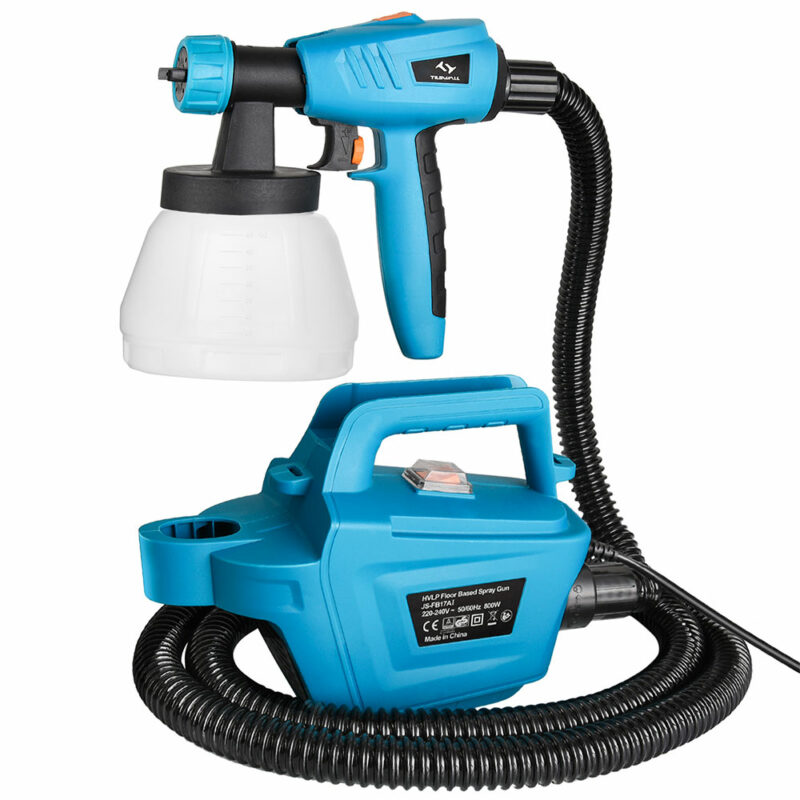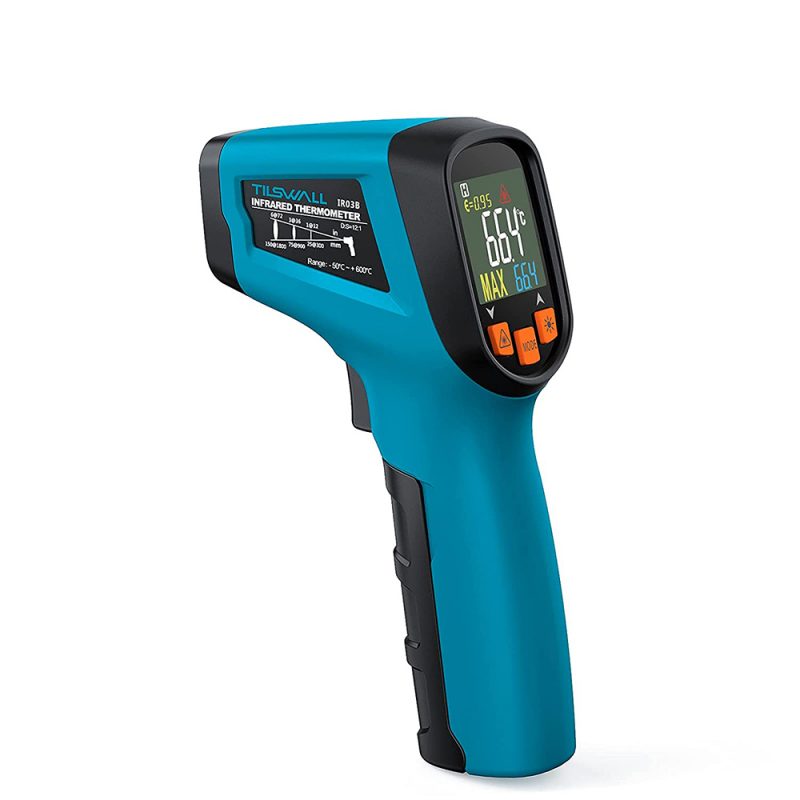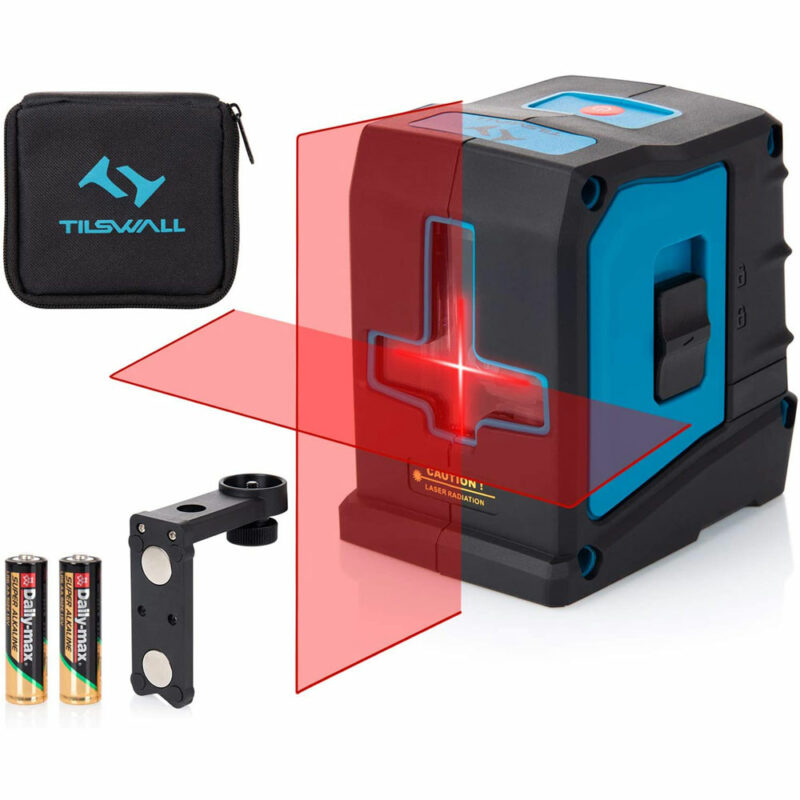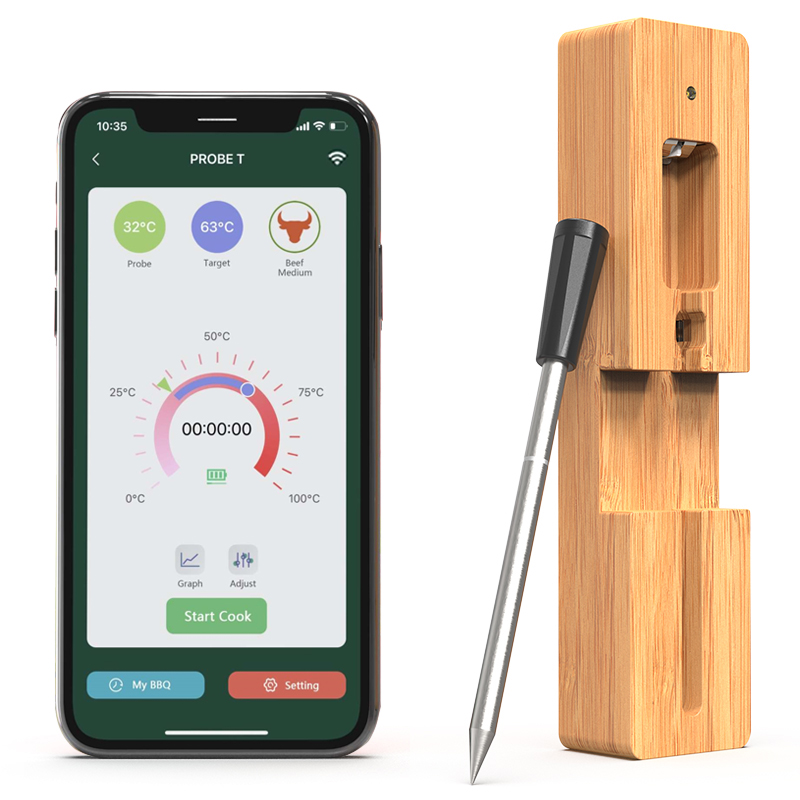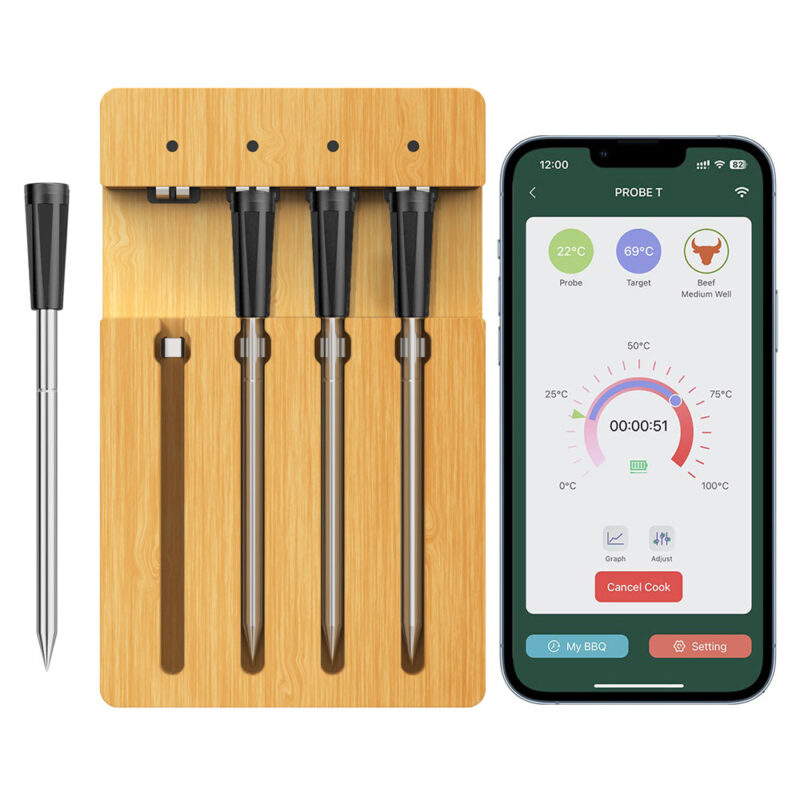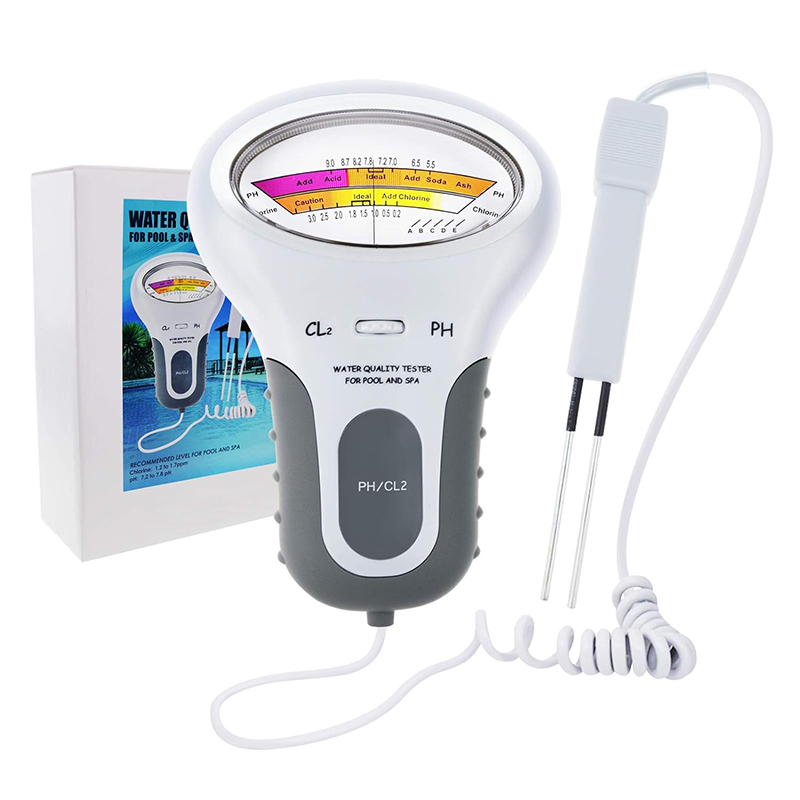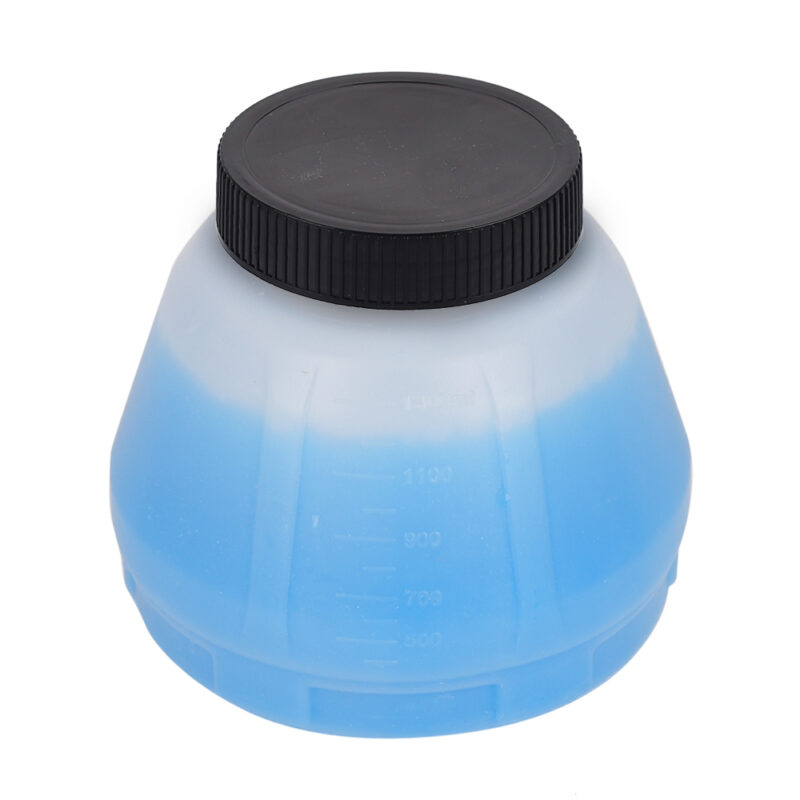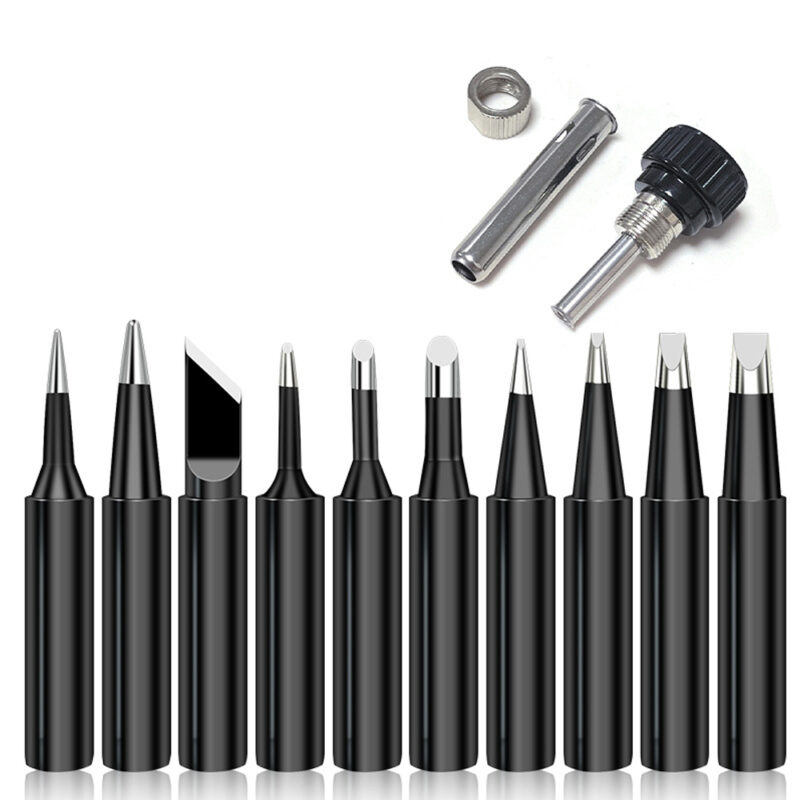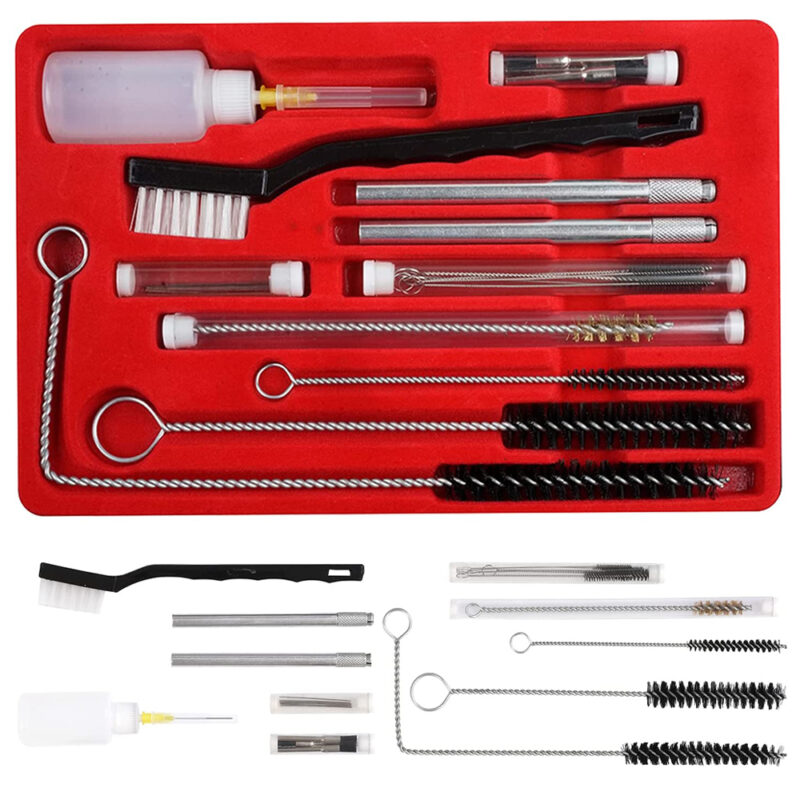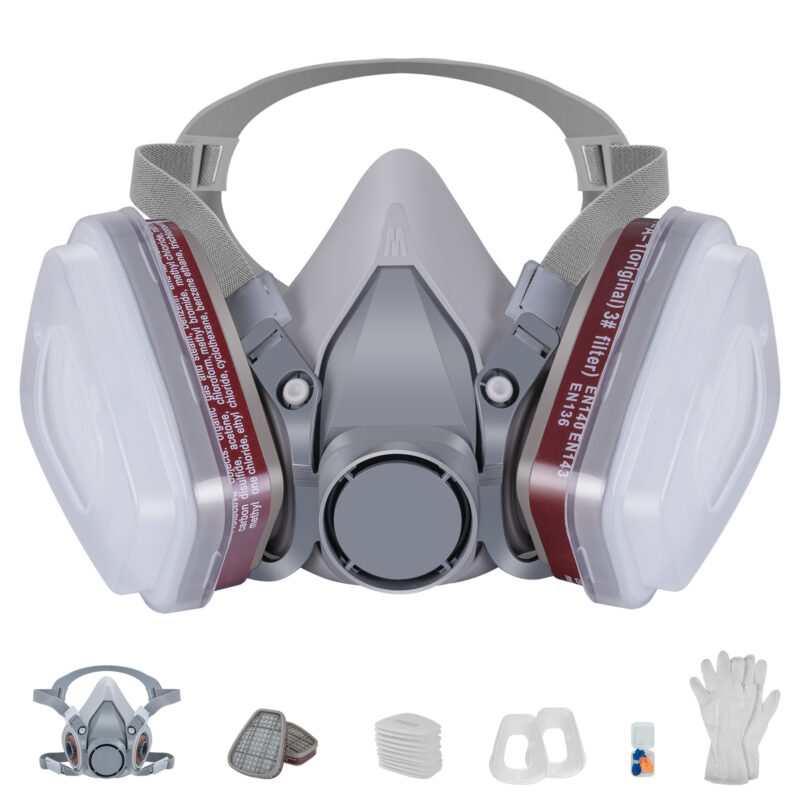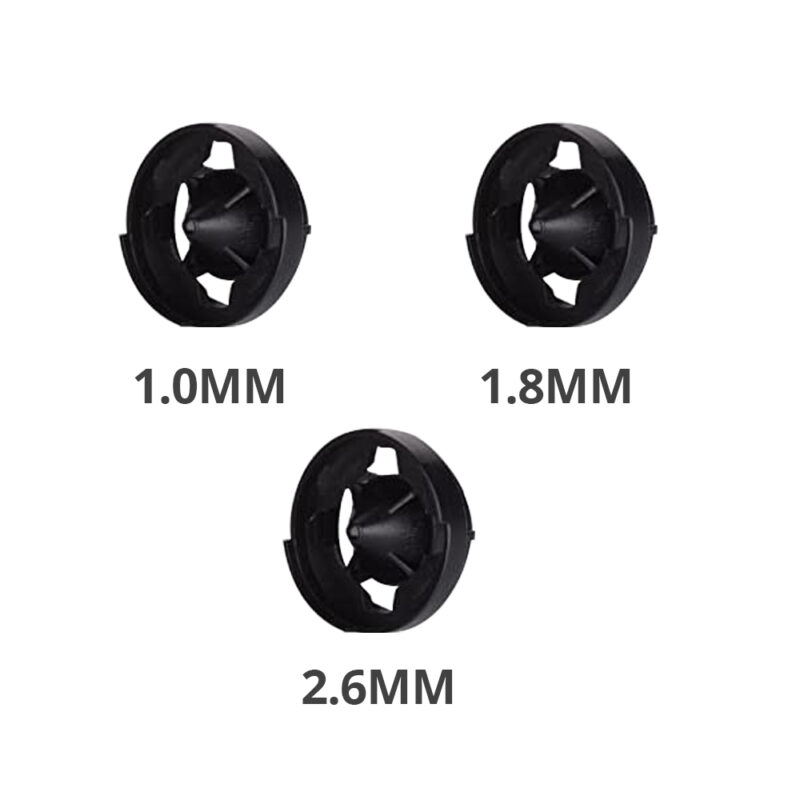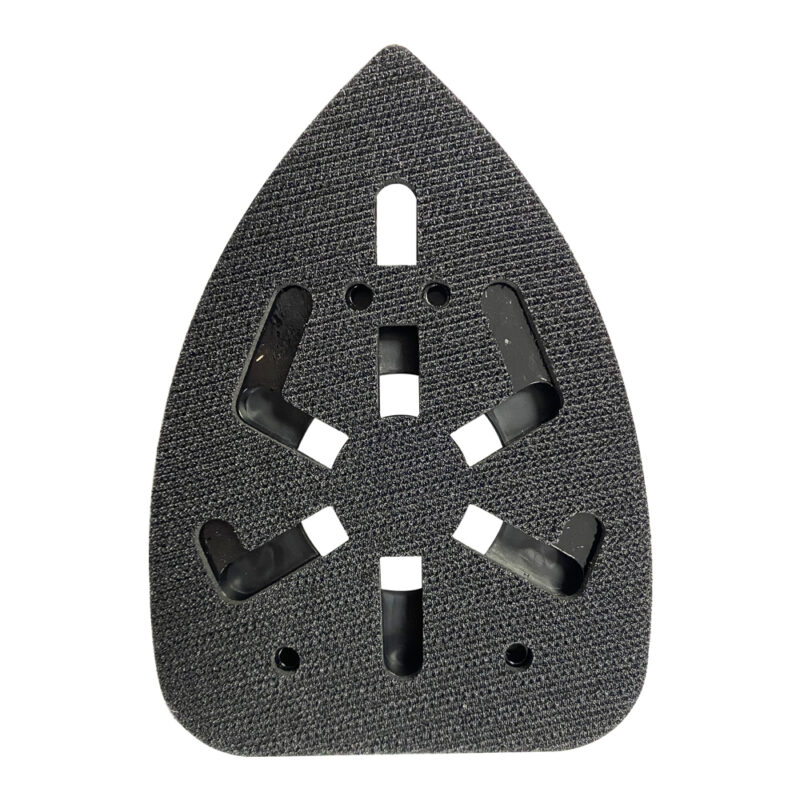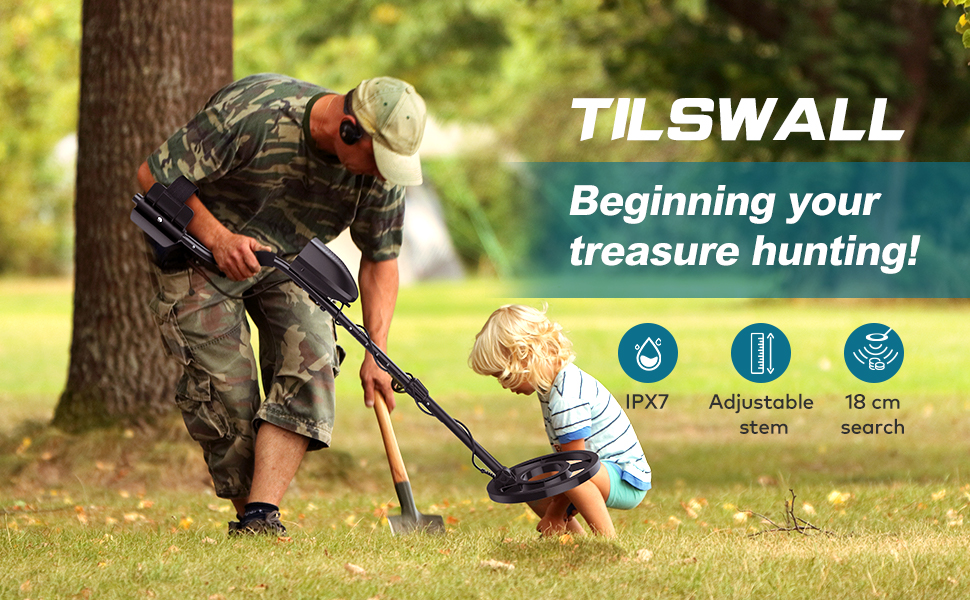metal detector
How to Choose the Right Metal Detector to Go out for Treasure Hunting
Metal detecting is not only an outdoor adventure for the sake of finding treasure, but it can also be fun for your family and friends. Metal discovering is an enjoyable method to enjoy the outdoors and check out all sort of beneficial prizes. This fun hobby can also lead to unexpected treasures, money, and valuables. So, what is the best metal detector for you?
The best metal detector is the one that suits your individual needs and wants. Depending upon where you live, your budget plan, and also what you have an interest in finding, there are lots of metal detectors to choose from.
The following article will provide you with a practical guide to choosing a suitable metal detector for you.
What are you looking for?
Define your interest: coins, rings, jewelry, gold nuggets, relics, artifacts, and antiques?
Most metal detectors on the market are “all-purpose” detectors, capable of finding everything from coins, rings, and jewelry to artifacts and even gold. Moreover, they are available in all price ranges. Detectors such as those sold by Tilswall are easy to use for all beginners, retirees, and seniors and are very affordable.
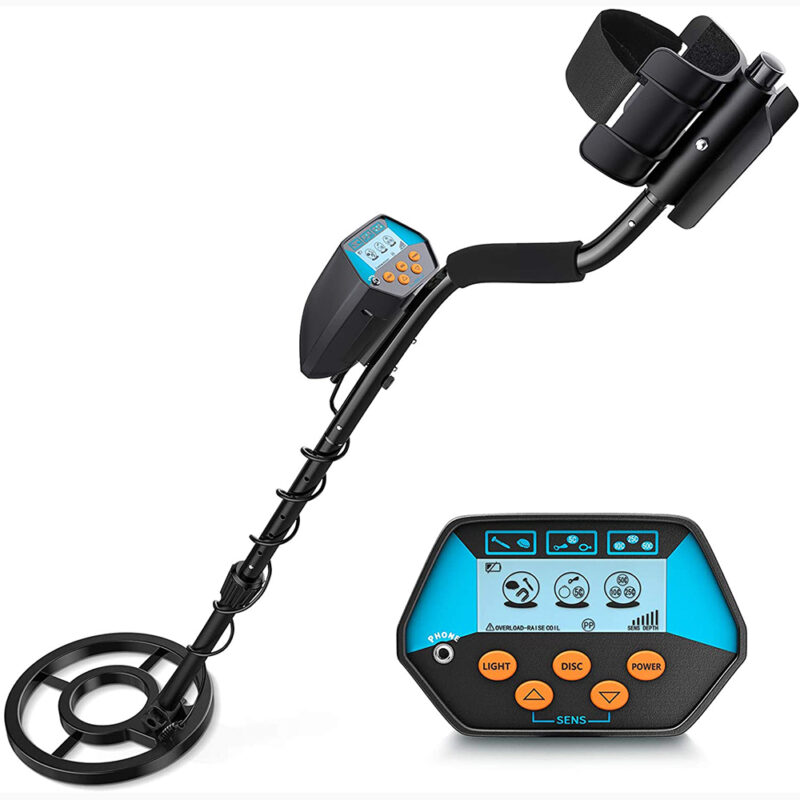
The Tilswall metal detector has an ergonomically designed handle that provides comfort for long-term use. The adjustable lever extends from 35″ to 45″ and is suitable for metal detectors of all ages, and weighs only 2.35 lbs. An excellent gift for kids and adults on a treasure hunt, especially at Christmas.
If your major objective is to have a good time and also experience plus workout, there are plenty of locations to go. If you are treasure searching in the hills or in the wilderness where it is much more open and also your target variety is a bit larger, you can choose a medium-priced detector. These are remote search locators and have a greater depth.
If you are treasure hunting in the mountains or in the wilderness where it is more open and your target range is a bit larger, you can choose a medium-priced detector. These are remote search locators and have a greater depth.
Suppose you are looking for ancient artifacts, caves, long-buried coins, and treasures. You will need a deeper detector.

Where do you spend most of your time-out detecting?
Parks, schools, open markets, mountains, beaches, in the water? Think about where you will spend most of your time detecting. If you prepare to browse in your close-by parks, playgrounds, old schoolyards, angling as well as searching camps, and lots of various other dry lands, after that a multipurpose metal detector is for you, and there are lots of to select from.
If you live near a lake or river and want to go on the edge of finding lost rings, coins, and jewelry, then most general-purpose metal detectors have waterproof search coils which are safe for shallow water.
However, if you live in an ocean, river, or lake near salt water and want to submerge the entire metal detector, you will need an underwater/beach/land metal detector.
If even more gold rings as well as jewelry are found at coastlines as well as lake swimming locations than anywhere else, select a waterproof detector that is much better shielded against water.
How often do you plan to go out detecting?
Do you want to be able to go out treasure hunting at weekends or whenever you want? Are you retired, and do you plan to go treasure hunting as often as possible? Do you have a great interest in geocaching? Do you think this hobby adds exercise? Like the rest of us, will you indulge in this great hobby? If you do, consider that your detector should be able to be used over and over again with consistent performance and good quality.
Do not fool yourself into buying a crude, counterfeit-proof, poor-quality detector for the sake of being cheap. You will not want to give it up once you have bought it, but it will waste a lot of your valuable time thinking about the bumpy journeys you will take, and the instrument will not work before you get to your detection destination. Having a robust machine is a must.
How much experience do you have?
If you have never used a detector before, do not worry. Most modern machines have a “quick start” setting that makes treasure hunting as easy as installing the batteries and turning on the detector.
With the press of a button, pre-set recognition setups are offered, like discovering coins, diamond rings, and gold nuggets to exclude little rubbish and also filter out iron filings.
Automatic adjustment helps you adjust the detector for different ground problems and gets rid of interference from the power cable. All you need to do is read the manual very carefully prior to finding it to obtain all the details you require regarding the detector. The detector is not as complicated as you may believe. It is easy enough.
How much do you want to spend on a detector?
Metal finding is a leisure activity that spends for itself, so do not check out your new metal detector as an expenditure. Think about it as a financial investment for your fun, journey, and rate of interest, and only by doing it with self-confidence may you locate rings as well as other prized possessions with your metal detector.
Conclusion
Our advice is simple, buy the best you can afford! The better your detector, the more sensitive it will be and the deeper it will go. Generally speaking, the more expensive the detector, the more features it has, the more automated it is, the easier to adjust, and the more versatile yet durable it is.
Related reading
How Does a Metal Detector Work?

